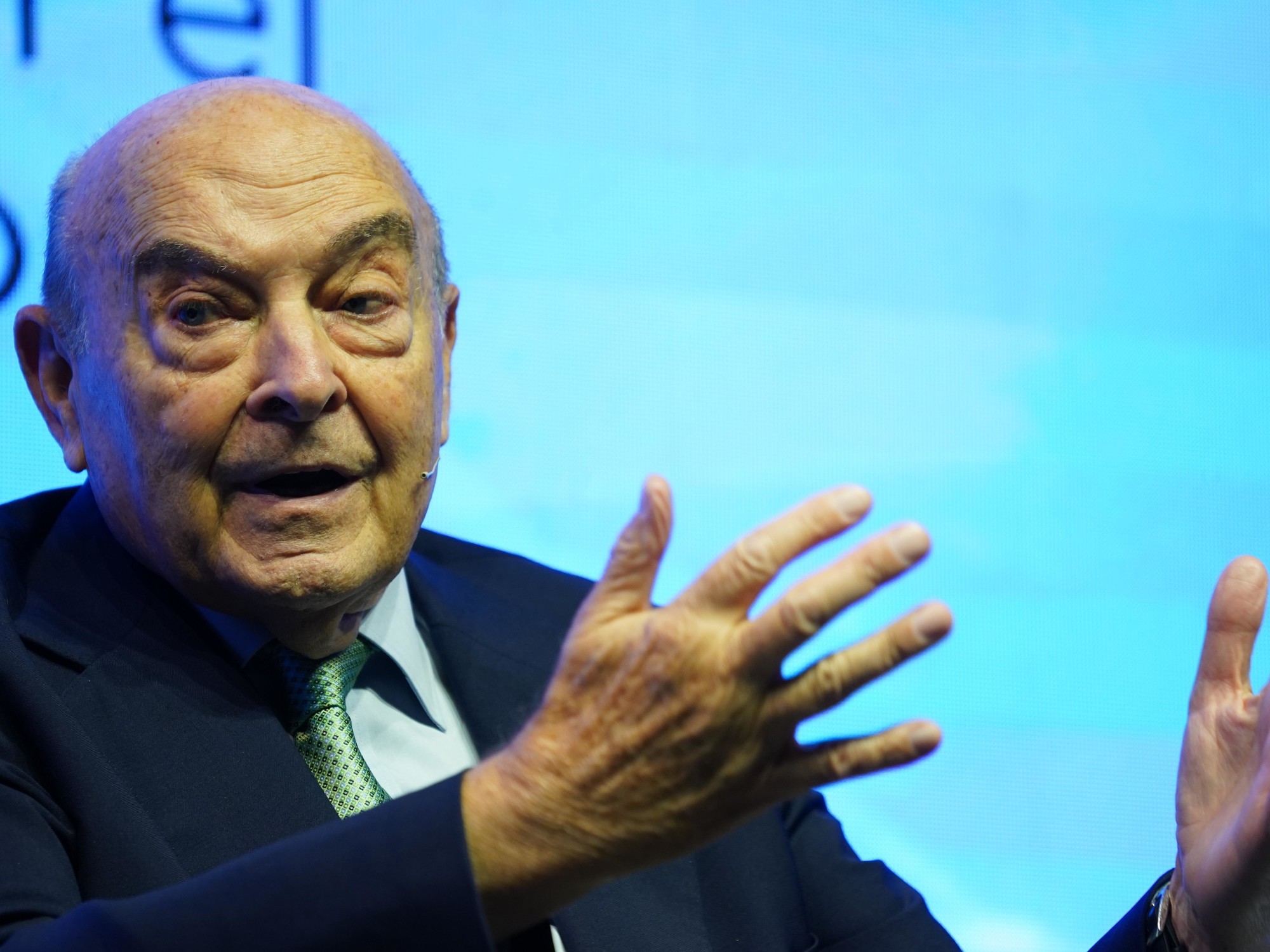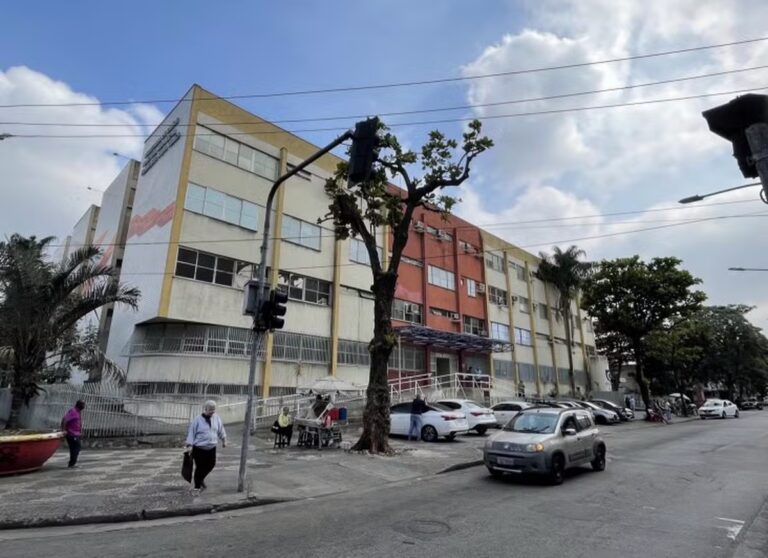
Three former economic ministers –Domingo Cavallo, Nicolas Duyovne, Ricardo López Murphy– Agreed that governments need to define a clear exchange and monetary framework, strengthen central bank reserves and liberalize exchange rates.
The three took part in a panel discussion at FIEL’s annual conference, and although they offered different views on dollar fluctuations, they shared a common diagnosis about the risks of operating with insufficient reserves.
Domingo Cavallo warned:As it is now, it is impossible to expect an economy to function well with no or even negative foreign exchange reserves.He considered exchange rate controls and restrictions on dollar transactions to be “very severe limiting factors in ensuring the sustainability of the stabilization plan.”
He also questioned the lack of support to maintain prices within the band.Who would believe an economy minister who wants to secure a band ceiling when he doesn’t have the foreign exchange to intervene?”.
Cavallo insisted that destocking must be a priority.. “We are not in a position to think about a completely dollarized system,” he explained. “Rather, we are in a position to think about a two-currency system that functions without restrictions and allows the use of both dollars and pesos.” He supported the idea of declaring the dollar legal tender, proposing that “the peso be converted into a convertible currency without exchange controls, rather than as a fixed exchange rate, allowing movement from pesos to dollars and vice versa.”
“Then the system will work well, like in Peru, where the dual currency system works very well,” he said. Along these lines, he emphasized that: “Even if Mr. Trump and Mr. Bessent support us, the accumulation of reserves is inevitable.”He warned that the international situation is complex, saying, “I hope that the Argentine government does not imitate President Trump’s economic policies. No matter how much identity they have, that would be a discretionary and inappropriate approach for Argentina.”
Nicolas DujovneHe said the country needed a “recognizable and functional monetary and exchange system” and assured that: “It has to float freely.”. In his vision, “that is the wise path to a sustainable government.” He argued that free floating is now the world standard, recalling that “Mexicans in the days of tequila also said they were not ready to float, that they were special, that their DNA would not allow them to float…Today they are a nation.” floating matter”.
The former minister emphasized that: Reducing exchange rate volatility means “accumulating foreign exchange reserves, “It has low float, like Uruguay or Peru,” he said, stressing the need to remove capital controls.We must be patient and trust the policies of economic authorities. “They face the same north,” he said.
He also suggested that Congress legislate restrictions on stock reinstatement, saying, “The power to reimpose capital controls should be removed from the BCRA and the Ministry of Economy to give institutionality and stability to the system.”
ricardo lopez murphy It was agreed that the accumulation of reserves is a prerequisite for stability. “The idea that you can walk around outdoors without fear is not consistent with common sense,” he says.
Recalling that a program with the IMF had already suggested that direction, he said: Rebuild reserves at full speed in the coming yearsHe believes that “no matter who governs, it is impossible to avoid this path of restoring fiscal surpluses and foreign exchange reserves.”
The former minister also spoke about the potentially favorable international situation. “The dollar is weakening due to U.S. fiscal policy, which could be an opportunity for countries like Argentina that are becoming increasingly dollarized,” he said. It concluded that if the country were able to rebuild its foreign exchange reserves and maintain fiscal balance, it would “open up significant opportunities” for investment and sustained growth.



